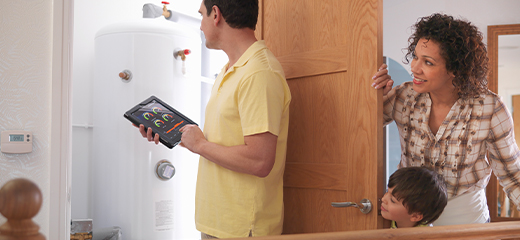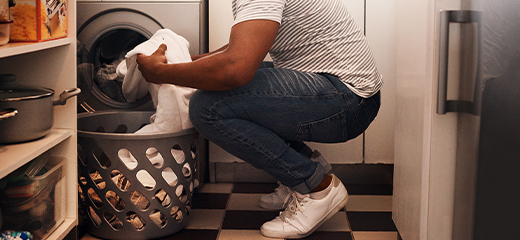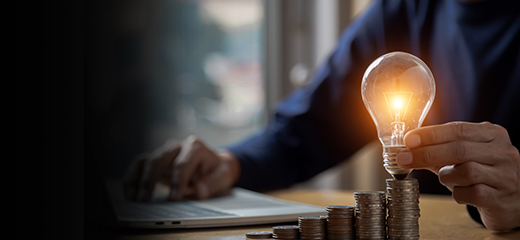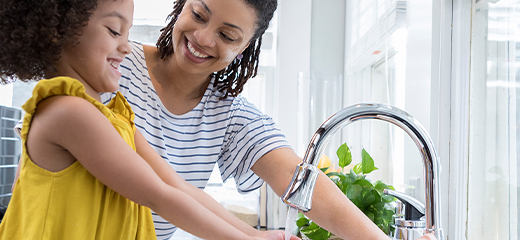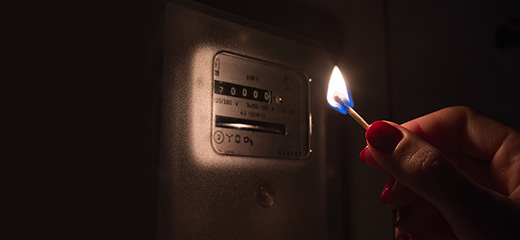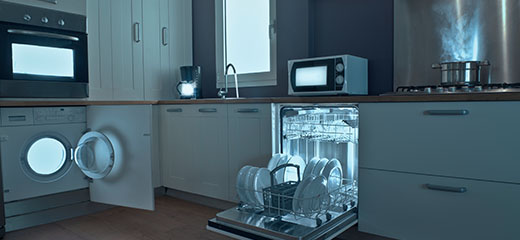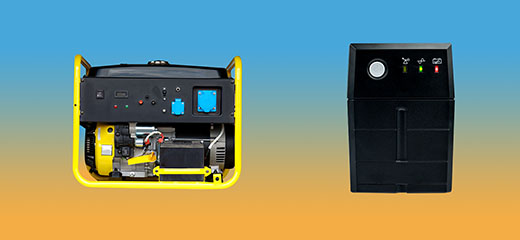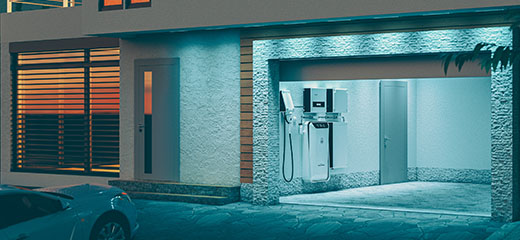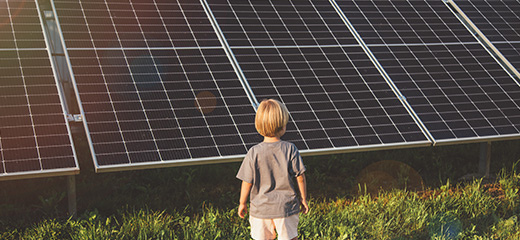
No-cost ways to save on electricity and water
South Africa’s electricity and water resources are in short supply, leading to restrictions and increasing prices. As a result, many homeowners are looking for ways to reduce their consumption and keep their monthly household bills down.
There are many ways to save on electricity and water usage, but if you are looking for ideas that can help you save on both, these tips are for you.
- Stick to showers: Taking a bath uses far more water than you’d think and running that hot tap to get to the right temperature drives up your electricity bill. According to the City of Cape Town, you can save up to 80% in water and use 5 times less electricity if you take a short shower instead.
- Reduce the flow: While you’re at it, avoid opening your taps to their fullest. This will help you cut down on water wastage and will mean your geyser needs to supply less hot water. For an easier option, use your savings to get low-flow, water and energy efficient, aerated showerheads.
- Kettle consumption: Your kettle is an electricity hog, using between R5.50 and R7.50 an hour. What’s more, you lose water to steam and evaporation every time it boils. Cut the waste by placing a water jug next to your kettle and only boiling what you need.
- Let your washing wait: Our washing machines are essential appliances that help us avoid the effort needed to wash our clothes by hand. However, the way we use them can lead to high water and electricity bills. Make the most of this appliance by waiting until you have a full load and choosing the energy efficient option. If your washing machine doesn’t have an energy efficient option, avoid pre-wash settings and choose shorter cycles with the temperature set to cold.
- Delay the dishes: Doing your dishes by hand can certainly help keep your household costs down, but if you can’t face this chore then use your dishwasher wisely. To start with, make sure your dishwasher is connected to a cold water source. Take the time to rinse your dishes properly in a half-filled sink (not under a running tap) and wait until you have a full load before running it on the energy efficient cycle. Don’t be alarmed if the energy efficient cycle takes longer than a normal cycle. If you don’t have an energy efficient option, choose a lower temperature setting and turn it off before the drying cycle to let your dishes drip dry.
- Efficient ironing: Steam irons make the task of preparing your clothes for wearing that much faster and easier, however, they are also heavy on electricity and water consumption. Keep your iron at its efficient best by using only boiled or distilled water, ironing only those items that need to be ironed and waiting until you have a large batch of ironing to avoid the cost of reheating.
Want to make your home more efficient and save money?
LookSee is a free home efficiency platform aimed at making homeownership easier and more affordable.
Related articles:
